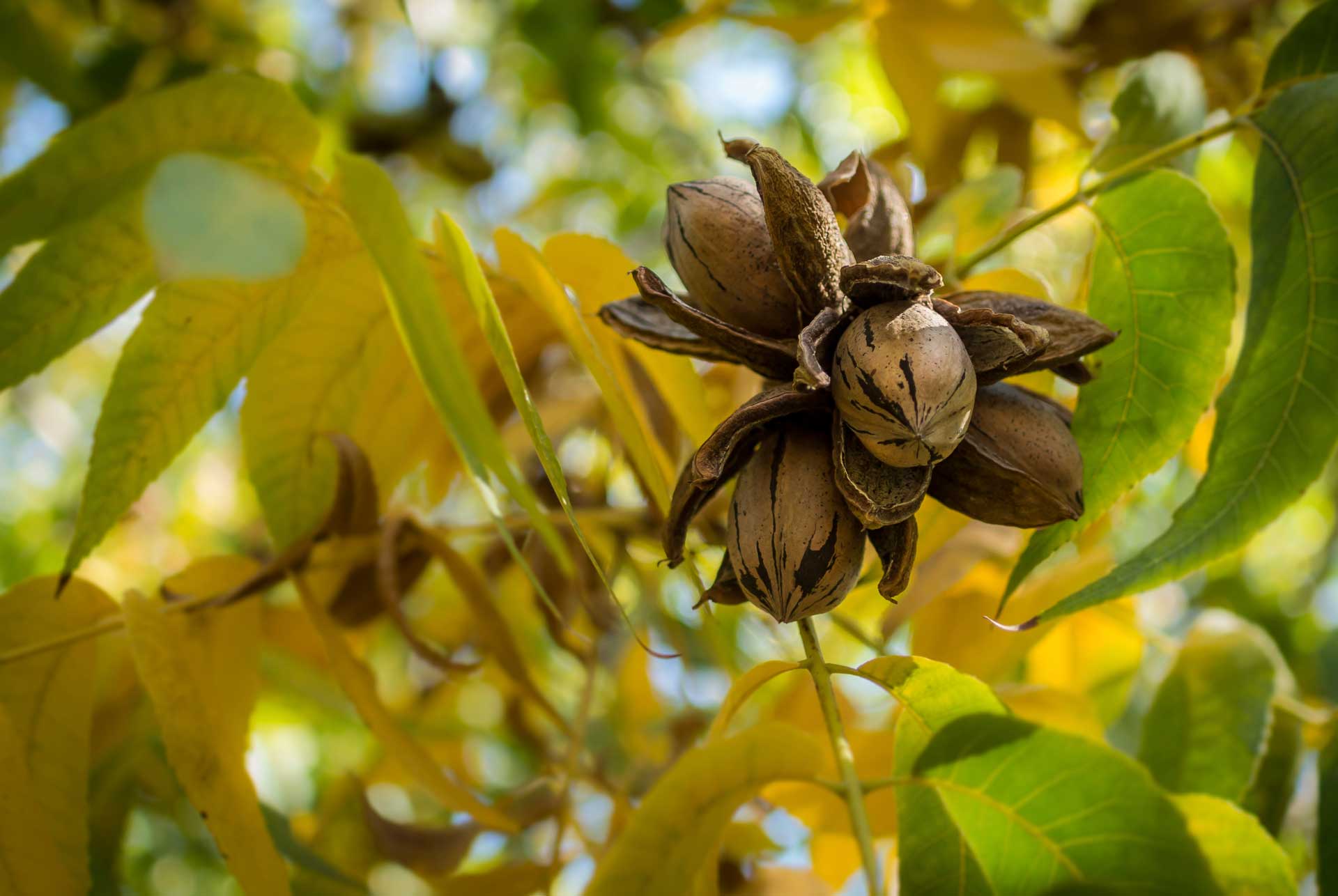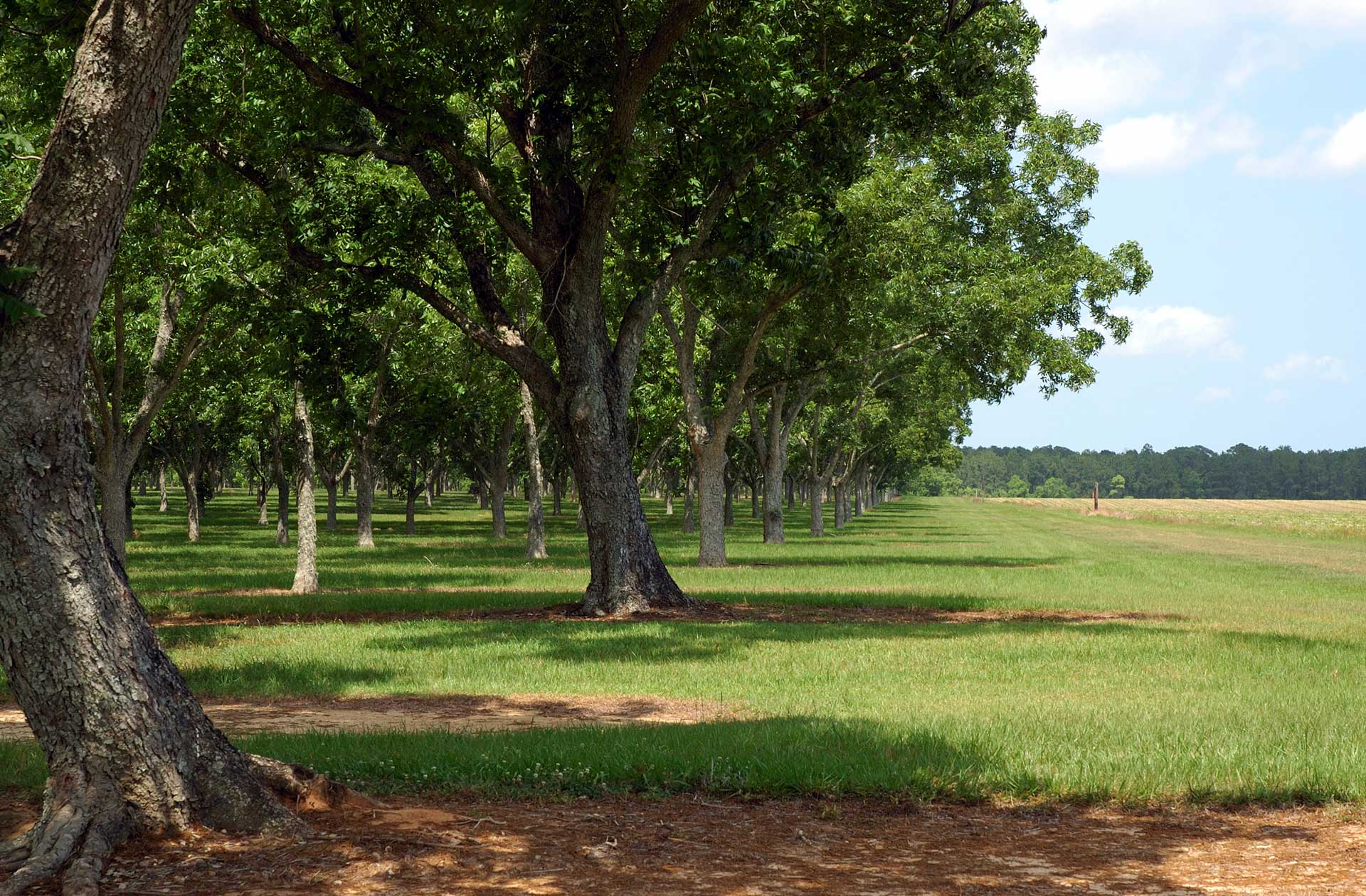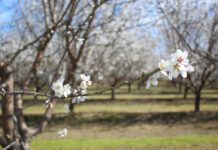
2022 is certainly moving full speed ahead with the dawn of Q2 upon us. U.S. agriculture is in a pivotal and transformative era, which is leading the food and agriculture supply chain to find new ways of building resilience to combat impacts on the food supply. Fundamental shifts that were already occurring in consumer markets accelerated with the onset of the pandemic.
Developing a sustainability program that includes verifiable assurance standards has never been more critical for those involved in the agricultural industry. Producers are continuing to field an increasing number of questions from consumers and customers about how their product is grown and processed. Furthermore, increasing pressure is coming from the international community. Initiatives such as the United Nations Sustainable Development Goals and the E.U.’s Farm to Fork strategy are seeking to adopt more specific sustainability measures throughout the entire global food production system.
U.S. agriculture is a leader in innovation and the sustainable practices. The ag industry has aggressively worked to increase sustainability by voluntarily tackling sustainability challenges with a myriad of robust and comprehensive initiatives. Commodities such as almonds, dairy and beef, among many others, have adopted sustainability programs in order to address the items and concerns outlined above.
The U.S. pecan industry has been in the process of developing a voluntary Quality Assurance Program (QAP) through the American Pecan Council (APC) in order to address concerns such as increasing government regulations, changing consumer and buyer preferences and various food safety considerations. Consumers want to know their purchases are supporting environmentally and socially responsible practices. As consumers continue to ask more questions about their food and where it comes from, the U.S. pecan industry has focused on improving transparency across its supply chain. Over the last several years, buyers and consumers are becoming more involved and part of the overall food safety, security, environmental and social responsibility discussion. This industrywide program provides transparency to pecan buyers by demonstrating the industry’s efforts to meet consumer needs while showcasing the growing and processing practices performed across the country to produce an exceptional product. Sustainability programs and a commitment to transparency build trusted relationships across the supply chain. This program gives the industry an avenue to communicate to consumers the high quality of the U.S. pecan product. Certified participants would have the ability to make a claim at the consumer level through an APC-branded logo. Through this verified program, consumers are assured that the product they are purchasing is safe and of the highest quality.
The strategic plan conducted by BCG defines the vision for the future of the U.S. pecan industry: “To increase demand for American pecans and provide industry with a path to sustainably grow profitability across the value chain.” The program development was aligned with the priorities identified in the strategic plan in order to maximize the benefits for the industry. Achieving a consistent, industry-driven sustainability program will help achieve those strategic priorities. The program showcases the practices of the industry and the collaborative efforts among industry members to enhance and support the U.S. pecan industry’s standing in the competitive global market while giving the industry credit for the practices already being done.
U.S. pecan industry is very diverse with growing regions across the U.S. While this program covers the entire U.S. pecan industry, it also highlights the diversity of practices across the various pecan-growing regions. Creating a quality management program creates a unified voice across the industry by harmonizing the American pecan industry practices to the elevated U.S. pecan industry “standard” to ultimately make a claim at the consumer level through an APC‐branded logo, thus driving demand for U.S-grown and processed pecans. The Program acknowledges and enhances current industry practices and initiatives by creating a consistent set of verifiable quality assurance standards, adding value to participating growers, accumulators and shellers.
It is also important to note that the Quality Assurance Program is a living standard. The industry will continuously innovate and explore new concepts and ideas. Quality is derived from a collaborative approach that considers both risks and opportunities throughout the supply chain.
Benefits for Participants in The U.S. Pecan Industry
As previously mentioned, many other commodities have this type of program already in place. There are also others that are following in pecan’s footsteps and are beginning to mirror the materiality assessment in phase 1 of the Program.
There are many benefits in incorporating this type of Program, which is why many commodities have/are taking steps to develop. A well-organized, credible sustainability program can get participants:
- Improved Risk Management: Evaluating sustainability performance systematically can provide an early warning system to detect possible risks. According to McKinsey, the business value at stake of sustainability concerns can be as much as 70% of earnings.
- Greater Efficiency: Sustainability topics often directly or indirectly relate to operational costs. Benchmarking sustainability performance can highlight possibilities for cost-savings and shared learning. PepsiCo generated $375 million in savings due to its sustainability initiatives from 2010 to 2015.
- Better Customer Relationships: Grocers and retailers like Walmart are showcasing products from sustainable companies in their Sustainable Leaders shop. Walmart now buys 70% of its U.S. goods from suppliers that participate in their Sustainability Index.
- Revenue Growth and Improved Market Share: From 2010 to 2013, aggregate revenues from sustainable products and services climbed by 91%, while overall sales grew just 15%, among a sample of 12 S&P Global 100 companies.
- Meaningful Customer Engagement and Consumer Marketing: A recent international survey by Unilever found that 33% of consumers are now choosing to buy brands they believe are doing social or environmental good.
- Building Resilience During an Economic Downturn: Since COVID-19, 56% of Americans want both the government and brands to prioritize sustainability.

Update on the Process of Development
The Quality Assurance Program is structured as a process-based standard that is relevant to the operational context of growers, accumulators and shellers across the 15 U.S. pecan-growing states. The program development process is broken up in six phases. To date, Phases 1 and 2 of the programs which consisted of a materiality assessment and development of the drafted standard has been completed.
Phase 1 involved a materiality assessment which assesses material topics to internal and external APC stakeholders through a two-dimensional process: Importance to Customers/Stakeholders and Environmental, Social and Economic Impacts. In other words, the materiality assessment helped identify and prioritize topics and issues of importance to both stakeholders within the industry as well as external, such as the buyers/retailers, while also measuring the potential impacts for the industry, its people, the environment and local communities.
The results from this analysis identified priority focus areas important to sustaining profitability for the industry while mitigating risk and capitalizing on the demands of consumers. Phase 2 of the project involved the standard creation drafted from the priority topics identified in Phase 1. APC engaged a Quality Assurance Program working group of industry members to gather input and refine the program standard and governance documentation. APC also engaged a native pecan working group to provide feedback and direction on the inclusion of native pecans in the program. This past year, APC has been gathering feedback through various working groups and committee meetings as well as industry gatherings to discuss and set a solid foundation for the program. The feedback is vital to ensure the program is relevant and achievable across the U.S. pecan industry’s various pecan-growing regions.
With the completion of these phases, APC is now moving into phases 3-6 of the project. In these phases, APC will continue to engage industry stakeholders, develop grower and handler handbooks to facilitate program implementation, perform readiness reviews to determine grower/sheller alignment to the standard and execute an external communication plan to create a robust marketing and reporting strategy that promotes the APC program standard and increases pecan demand.
We Need Your Help
Now that we have discussed the background of the Program, the ‘why’ behind implementation and the process of the development thus far, we can move into what the next steps are for the program. With the final feedback and approval of the working group and Grades & Standards committee, the Program will be moving into phase 3 of the project, which involves stakeholder engagement through an industrywide survey and public comment period.
The program has been drafted and we want your feedback and thoughts! APC will notify industry as soon as the industrywide survey and public comment period is open through the In a Nutshell newsletter, publications and associations as well as on the industry website. This program was built by the industry, for the industry, and we continue to welcome your thoughts and feedback. Everyone’s feedback is critical to ensure the success of the Program for the U.S. pecan industry considering all the diverse aspects and natures of this industry. If you or a constituent have not done so already, you can register on the American Pecan website or reach out to Emma Garner at egarner@americanpecan.com to receive updates from the Council. We look forward to hearing from you!















